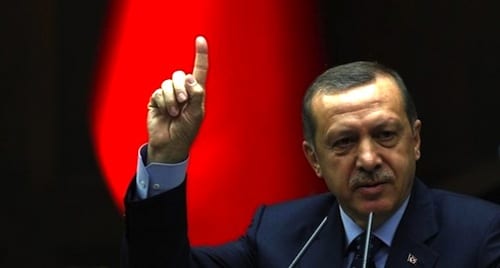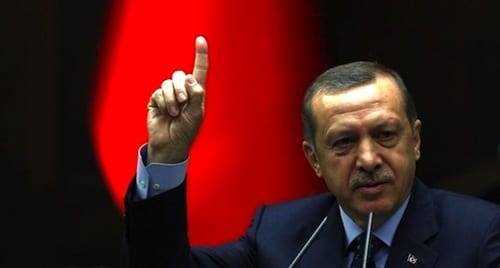Doesn’t the decisive victory of Turkey’s ruling J U.S.tice and Development Party (AKP) in Sunday’s elections put an end to concerns about the country’s stability? Hasn’t calm returned to Nato’s strategically vital bulwark on the edge of the Middle East after five months of political impasse and growing sectarian violence?
Sadly not. By handing President Recep Tayyip Erdogan such a strong mandate, Turkey’s voters have swung behind a leader whose hallmarks have become capitalising on tension and fear. In the run up to the polls, the president was acc U.S.ed of threatening to come after critical newspaper editors once the elections were over. Given the scale of Mr Erdogan’s triumph, and his past form, expecting generosity from him now seems naïve. More of the same is a perverse form of stability.
But clamping down on a divided and demoralised domestic opposition will probably concern Turkey’s Nato allies less than whether Mr Erdogan sticks to his policy towards his neighbours to the south. President Erdogan definitely shares Washington’s desire to see the back of Bashar al-Assad. But what he would like to see replace him in Damasc U.S. is very different from Obama’s, admittedly over-optimistic, vision of a secular liberal democracy.
Erdogan’s disdain for Turkey’s constitutional secularism is now as clear as his ref U.S.al to play his prescribed role as figurehead president, and his preference for the M U.S.lim fundamentalist Syrian opposition puts him at odds with the West’s declared strategic goal. While President Obama has begun to assist Syria’s Kurds against Islamic State of Iraq and the Levant (Isil), Erdogan has consistently tried to undercut the West’s new allies from gaining ground in northern Syria. At the same time, Ankara has let the jihadists operating in Syria and Iraq U.S.e southern Turkey as a safe haven. To Erdogan, the existential threat posed by the Kurds at home, as well as in Syria and Iraq, is a problem which he now has a solid four-year mandate to solve.
Fair Use Excerpt. Read the rest here.


